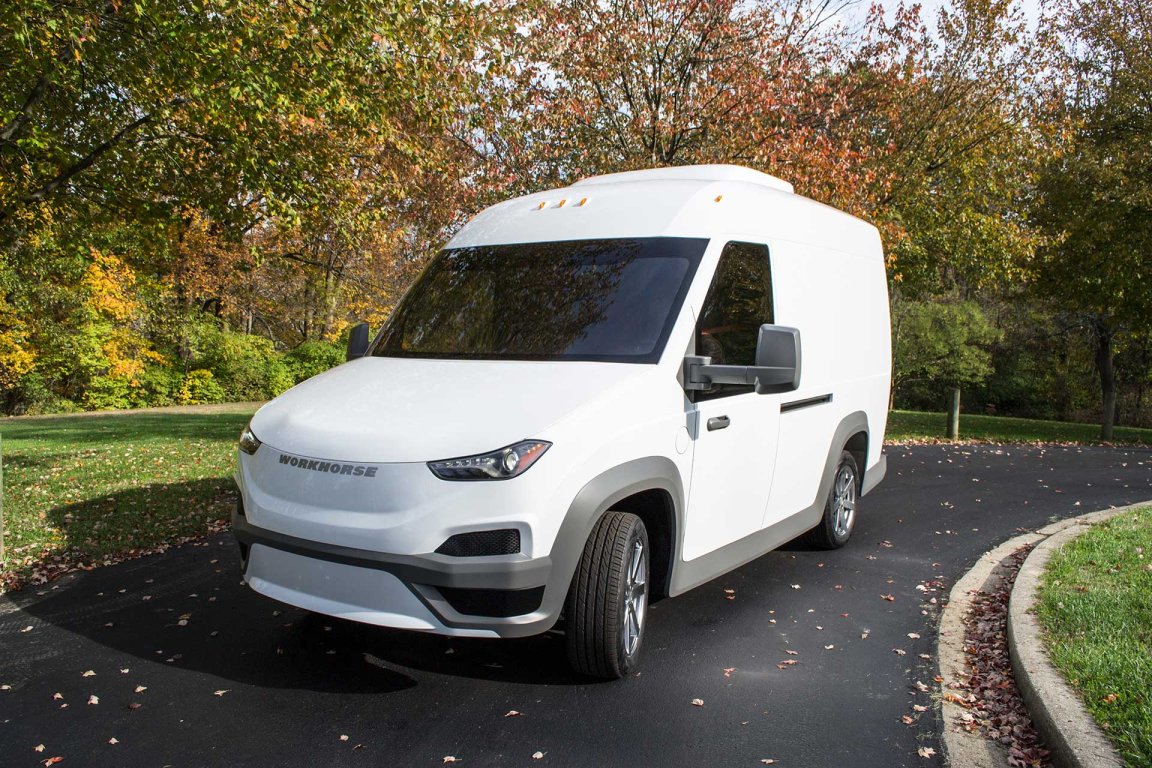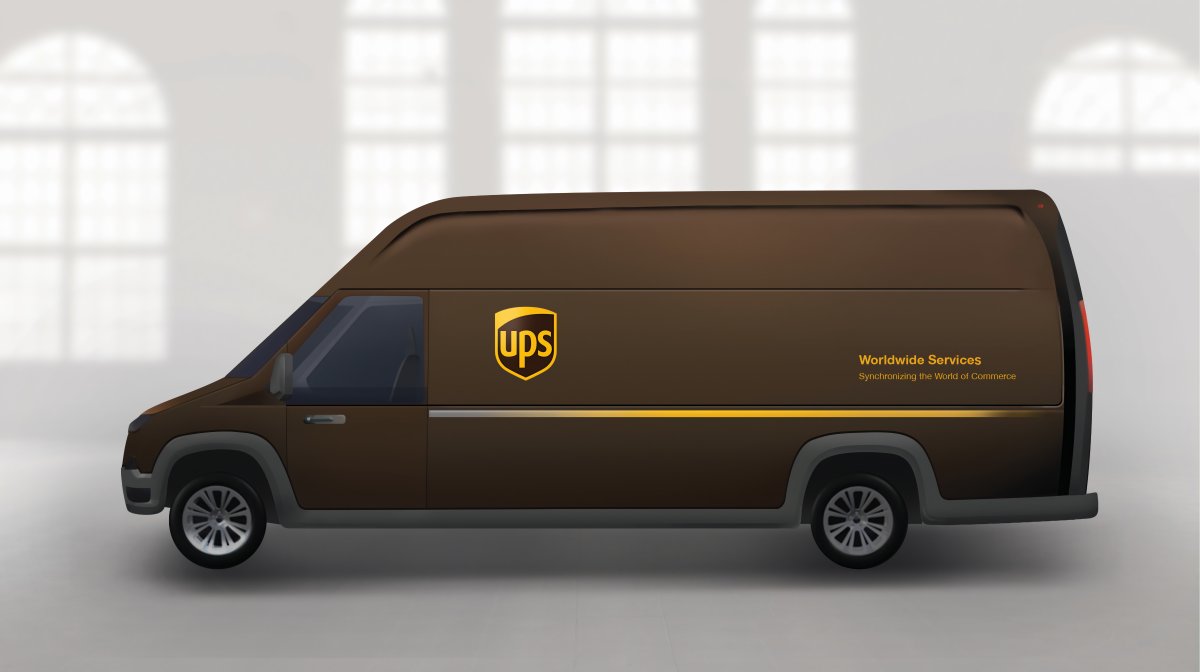
Delivering Sustainability
No longer satisfied to purchase pre-built electric delivery trucks, on Thursday, UPS announced plans to start building the vehicles themselves.
In a first-of-its-kind partnership, UPS teamed up with Workhorse, an Ohio-based truck maker, to design 50 plug-in electric delivery trucks. The vehicles, to be delivered by Workhorse in 2018, will produce zero tailpipe emissions and have a per-charge range of 160 kilometers (100 miles).

“This innovation is the result of Workhorse working closely with UPS over the last four years, refining our electric vehicles with hard fought lessons from millions of road miles and thousands of packages delivered,” Steve Burns, CEO of Workhorse Group, said in a UPS press release.
“We see this vehicle as being a game changer in the electric truck arena,” Carlton Rose, president of global fleet maintenance and engineering at UPS, told Reuters. “It’s also an industry first because the acquisition cost is comparable to gas and diesel.”
Electric Future
UPS has 35,000 gasoline- and diesel-powered vehicles in their fleet, so 50 new electric trucks may seem underwhelming. However, the company is slowly but surely making the transition away from fossil fuels.
In the U.S. and Europe, UPS has already deployed 300 electric vehicles and 700 hybrid vehicles, and more are on the way. Back in September, UPS placed an order with Daimler for three medium-duty electric trucks. In December, they reserved 125 of Tesla’s highly publicized electric semis — the largest order the company had received to date.

By 2025, UPS hopes to reduce their global ground operations’ greenhouse gas emissions by 12 percent and meet 40 percent of their ground fuel needs from sources other than gasoline and diesel. Electric vehicles will play a huge part in reaching those goals.
If all goes well with the first 50 Workhorse trucks, UPS will likely add many more of the vehicles to their fleet in the future. In addition to costing about the same to procure as traditional trucks, the vehicles are expected to have a lower cost of ownership. Those savings could go a long way toward helping UPS stay competitive in the delivery space — especially if Amazon’s new shipping service takes off.